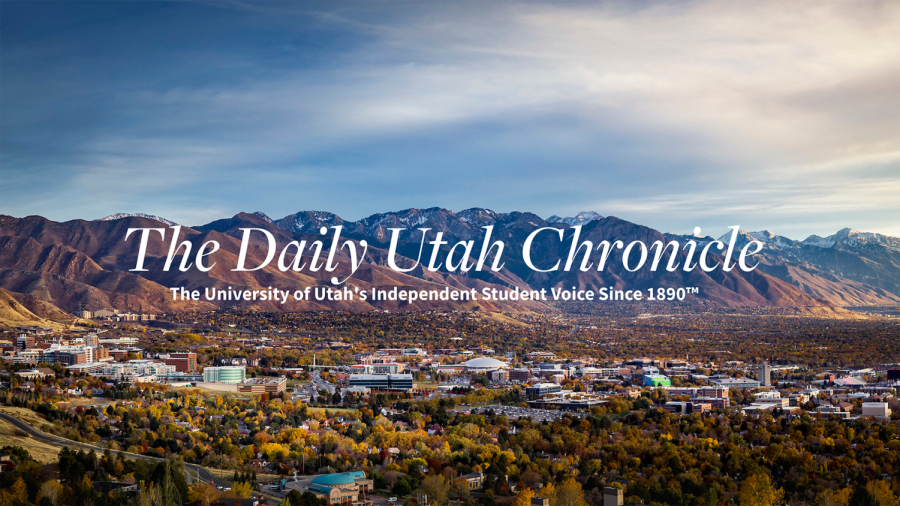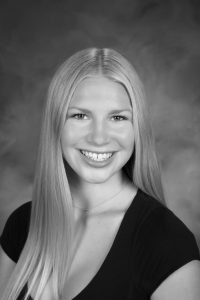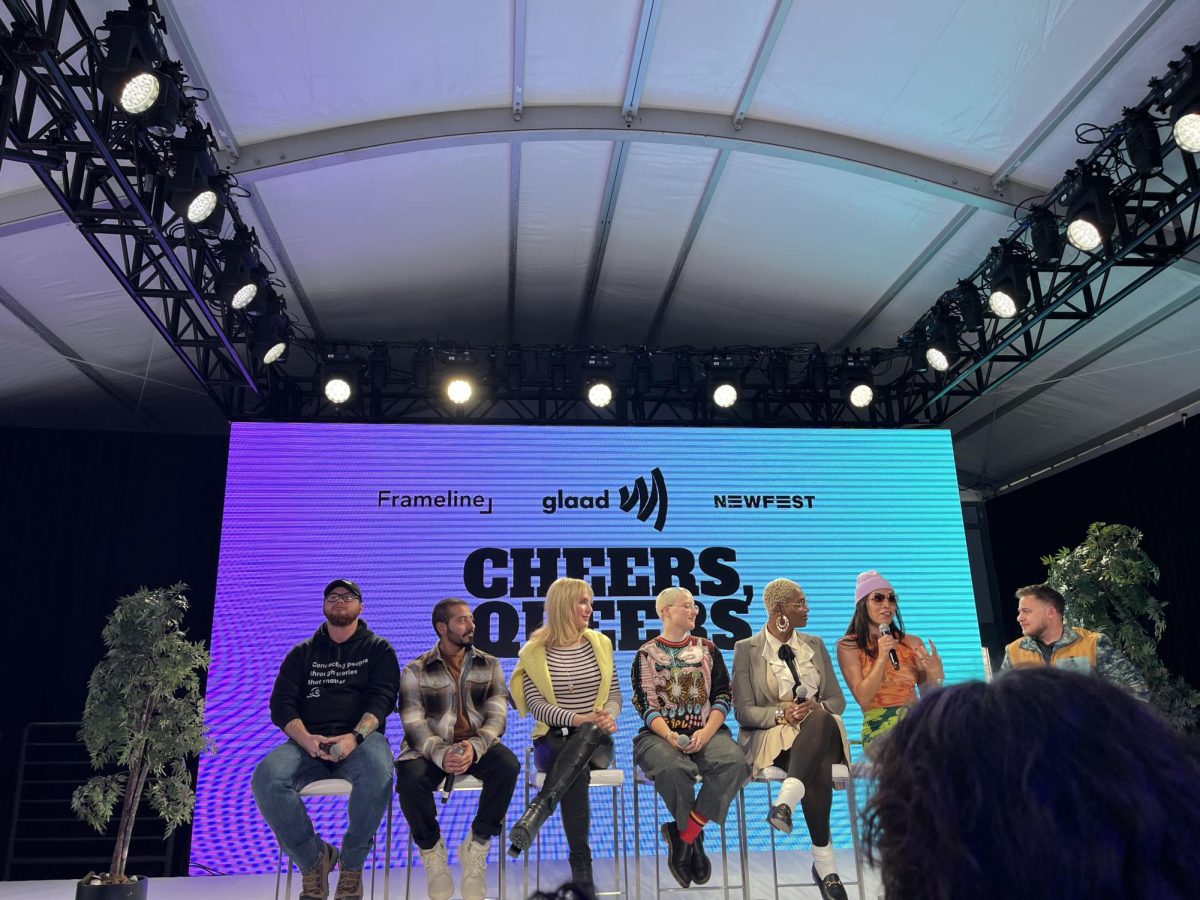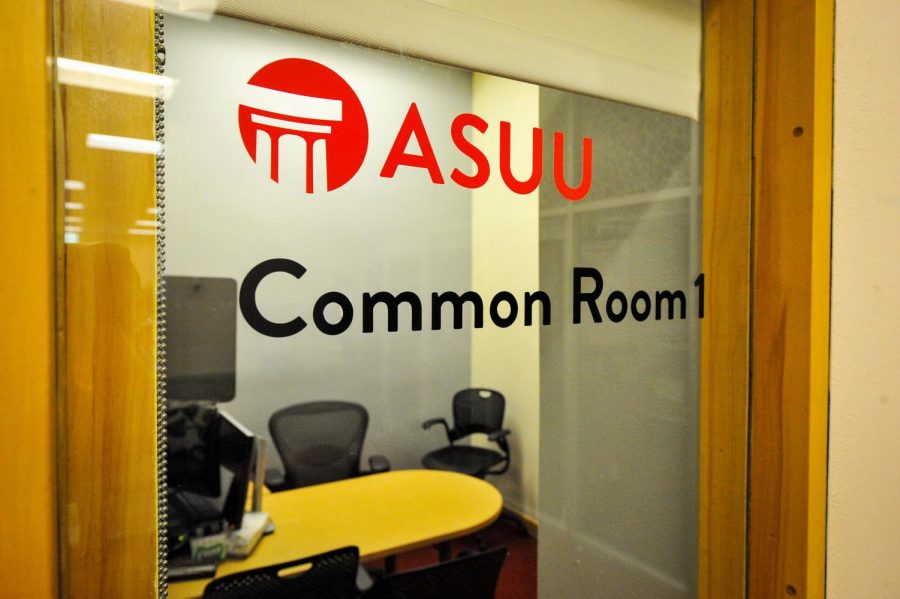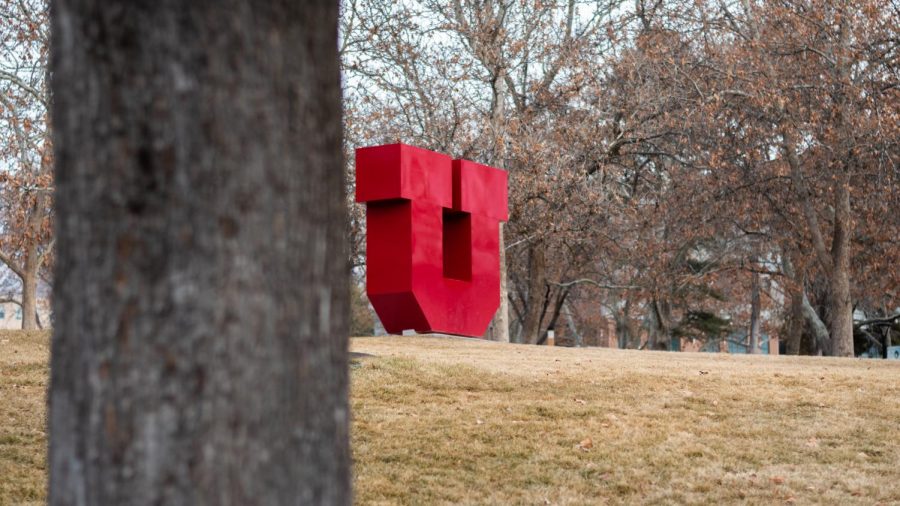Project ECHO Provides Healthcare Access to Rural Parts of Utah
March 21, 2023
Many of the rural areas around Utah lack adequate access to primary health care and lifesaving medical treatments. Project ECHO is working to change and improve these disparities, with a goal to connect medical practitioners working in remote areas of Utah with University of Utah Health specialists.
Terry Box, an associate professor of medicine at the U, said Project ECHO was created in 2003 in Albuquerque, New Mexico after hospitals had become flooded with people who were seeking treatment for liver disease and hepatitis C. Instead of having people from rural areas travel to large city hospitals for treatment, a plan was devised to bring the treatment knowledge to rural doctors, said Box.
“[Technology similar to Zoom was used] to mentor primary providers across the state of New Mexico … to treat their patients with hepatitis C in their communities so that they didn’t have to drive 250 miles each way to see [Sanjeev Arora] or one of his colleagues in the clinic there in Albuquerque,” Box said.
Box said before, doctors had felt incapable of helping patients with these diseases, but Project ECHO provided them with an opportunity to provide treatment to people who didn’t live in areas where it was readily available.
“[Project ECHO] spread like wildfire across the state of New Mexico, and slowly but surely there was the success of that program in getting this very complex but fairly common disease treated in the public by doctors and other providers who historically didn’t feel like they had the capacity to do so,” Box said.
Box explained the program started in Utah because of the large number of people from rural areas who were seeking hepatitis C treatment. The success of Project ECHO in New Mexico showed that this initiative would have social benefits.
“I presented my proposal that we started a project that cohere because of the profound impact we could have in a state very similar to New Mexico and that we have a lot of rural and frontier areas where people just don’t have access to specialty level care,” Box said. “We could really make the same kind of impact in Utah.”
According to Sarah Day, education coordinator for Project ECHO, Project ECHO has expanded across most of rural Utah since being established in the state.
“We’ve had a lot of providers join from rural areas,” Day said. “In Utah specifically, Project ECHO has reached 240 health centers across the state and what we have marked is that we’re in 106 zip codes. … We’re also in 24 of 29 counties.”
Day said establishing these programs takes time. While there has been progress, finding availability to teach treatment information to healthcare providers around the state while their resources are stretched has been difficult.
“I think it’s just a time issue,” Day said. “So much is being put on primary care right now. … Most of our programs run from noon to one to try and get lunch hours that work for people, but they’re just so slammed with everything.”
Project ECHO has allowed healthcare providers to feel united with doctors throughout the state, according to Day, creating a community where both providers and patients feel supported.
“They’re grateful to deepen their knowledge in specific areas and they really appreciate the feeling of connection,” Day said. “I think a lot of times, providers can start to feel isolated and alone and they’ve said they’re really grateful for Project ECHO connecting them to other providers in rural areas.”
Day said Project ECHO currently has 12 hubs that specialize in areas ranging from long COVID to dermatology, and the initiative’s next goal is to tackle substance abuse and addiction issues that are happening within Utah.
“We are hoping to continue to grow in our program reach to conduct different specialties and be able to start programs,” Day said. “One of the things that we’re trying to sustain is our substance use disorder ECHO. That is a problem throughout Utah, so we’re hopeful that we can continue running that program.”
As the program continues to grow, Box said healthcare options for those living in more rural areas continue to improve, and equal access to medical care is becoming a more feasible reality.
“Knowledge should be disseminated to the community and not held exclusively in the ivory tower,” Box said. “My hope is that through our demonopolizing knowledge and spreading it throughout our community, that we level the playing field as far as access to best practice specialty care across our state and the mountain west.”


